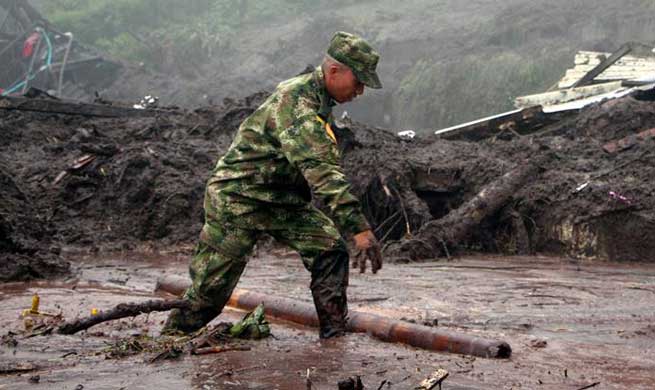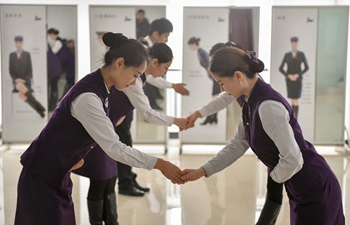PHNOM PENH, April 20 (Xinhua) -- A new survey released by the Cambodian Ministry of Social Affairs and the United Nations Children's Fund (UNICEF) on Thursday showed that Cambodia currently has 406 residential care institutions (RCIs), or orphanages, with 16,579 children living in them.
The new survey found that the number of RCIs was far more than the previous number of the RCIs recorded by the Ministry of Social Affairs. In 2015, the ministry recorded 254 RCIs with 11,171 children living in them.
The new findings showed that capital Phnom Penh and northwestern Siem Reap province alone accounted for half of the total number of RCIs.
Many RCIs are out of the ministry's regulatory framework - 38 percent of the RCIs have never been inspected by the ministry, 12 percent not registered with any branch of the government, and 21 percent of the institutions do not have a Memorandum of Understanding with the government.
"The finding that many RCIs are out of the government's regulatory framework raises significant concerns for the well-being of the children living in them," Minister of Social Affairs Vong Sauth said in a joint statement.
"We conducted this survey to build evidence of where different facilities are located and how many children live in them," he said.
Scientific research has shown that living in RCIs can harm a child's social, physical, intellectual and emotional development with long-term impact on their adult life, the statement said, adding that most of the RCIs were found to be providing long-term care, defined as more than six months, despite problems associated with keeping children in institutions for long periods of time.
Debora Comini, UNICEF Representative to Cambodia, said with the new survey, the Cambodian government is now equipped with better information and knowledge to implement an action plan for improving child care in the country with the target of safely returning 30 percent of children in RCIs to their families or other forms of family-based care.
There are many factors that can influence a family's decision to send children to a RCI, and those factors include separation of the parents, poverty, migration of the parents, in addition to the misguided perception that residential care is a good option for better education and care.
Vong Sauth said the ministry is committed to effectively implementing the action plan to safely return 30 percent of children from RCIs to family and community-based care by the end of 2018.

















